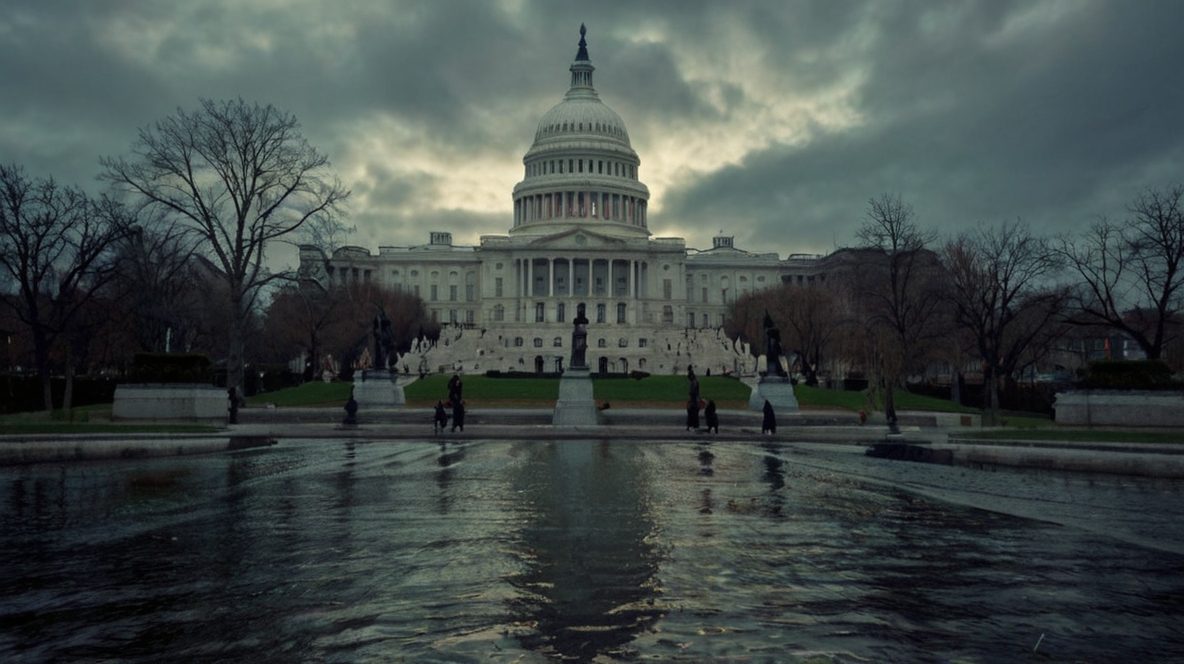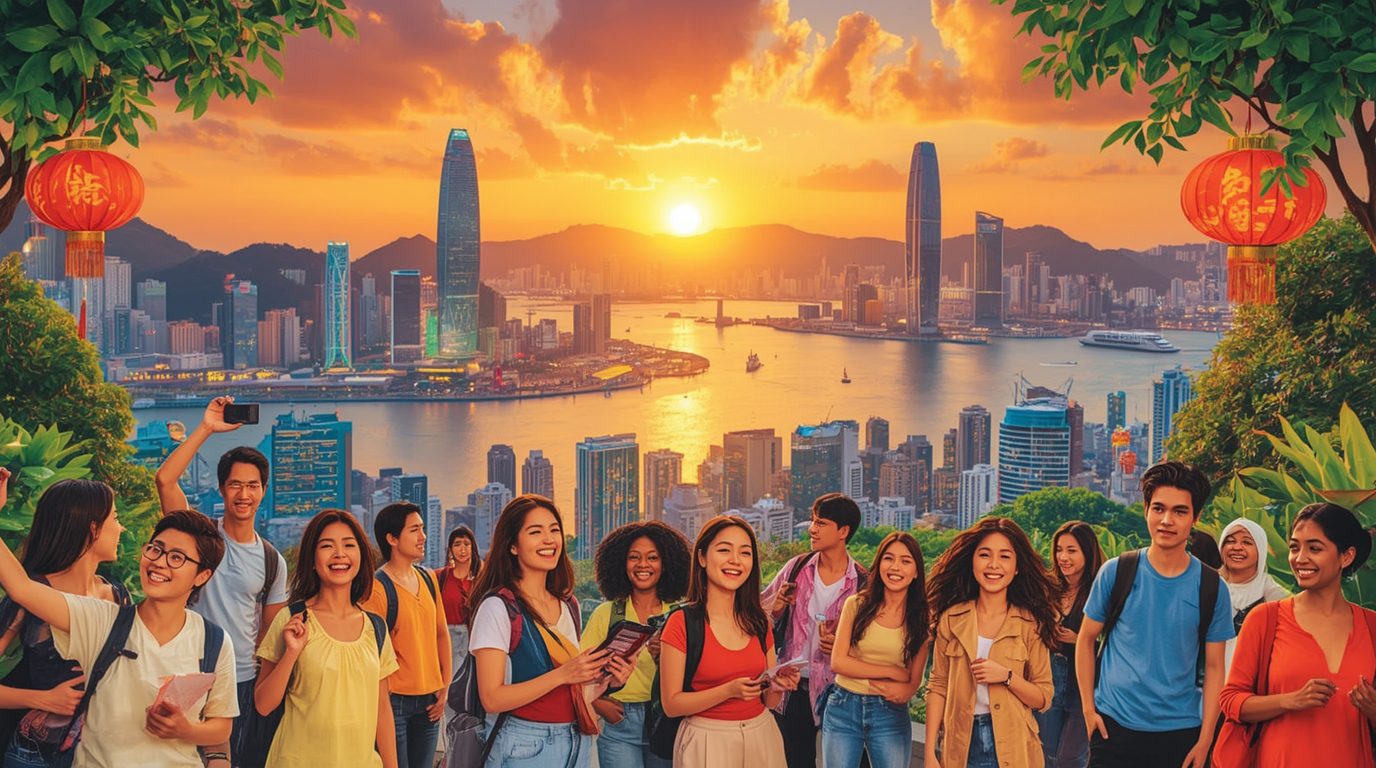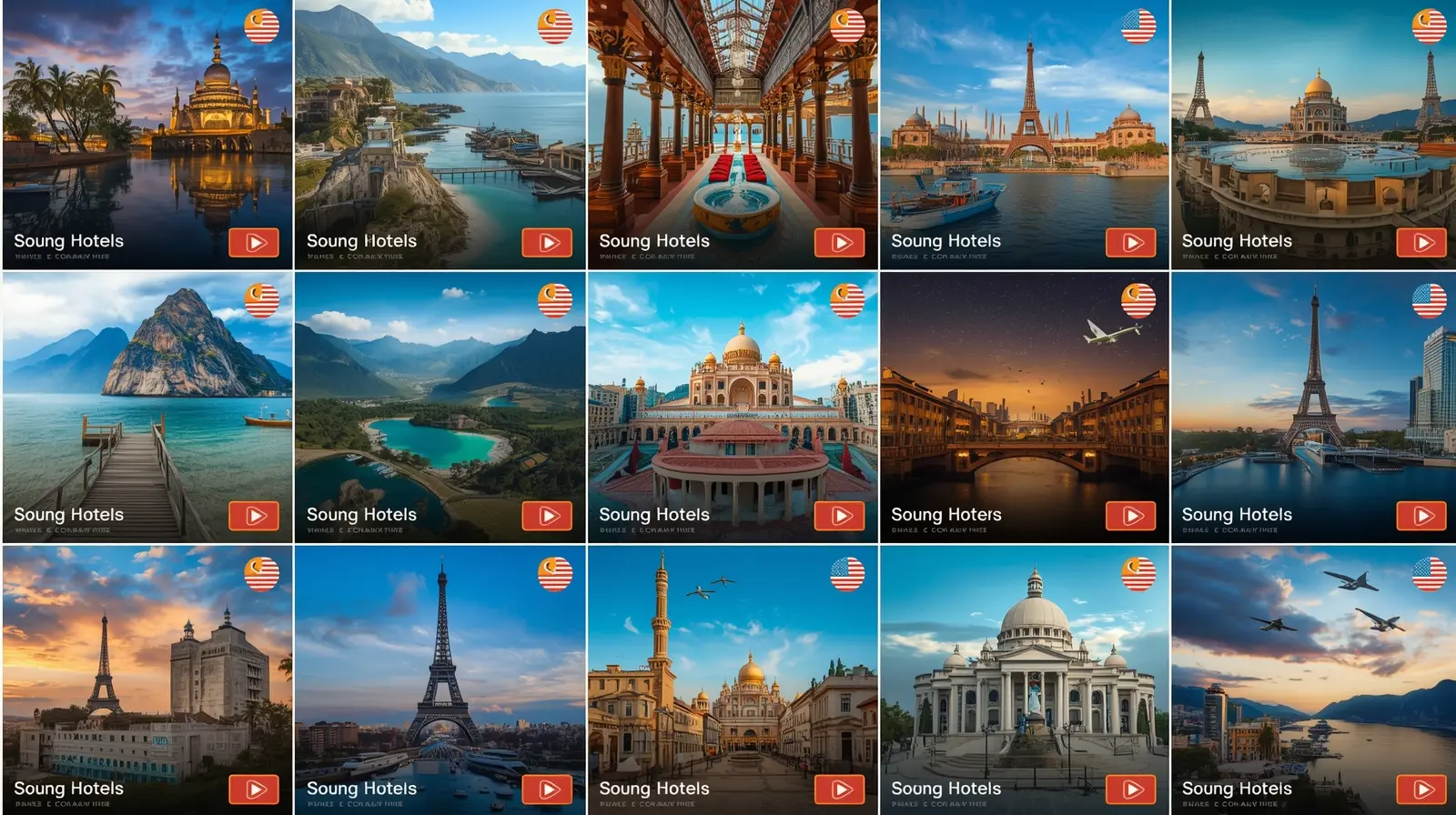US Visa Rules Tighten: What You Need to Know as of September 2, 2025
Starting September 2, 2025, the US State Department has revoked access to the Visa Interview Waiver Program or “drop box” process for applicants residing in 57 countries. This is likely to increase the cost of processing assistance. Along with increased processing times, applicants are to expect more rigorous screening. Students, skilled workers, and other non-immigrant residents are also likely to feel the impact. This decision marks a major shift in non-immigrant Visa Waiver history.
What is the IWP and Who is it Beneficial for?
Travelers and frequent business workers, particularly students, have benefitted most from the Interview Waiver Program (IWP). It allowed them to complete the application process efficiently by avoiding an in-person interview. Eligible applicants could simply provide documents to a Application Center and receive their visa much faster.
Now, due to discontinuation for 57 nations, applicants must attend interviews in person. Countries affected include Afghanistan, Bhutan, Cuba, Egypt, Haiti, Iran, Myanmar, Venezuela, and Zimbabwe. Nationals from these countries will face longer processing times and potentially higher costs.
Who Runs the Risk of Losing Waiver Privileges?
Previously, interview exemptions were granted under specific circumstances:
- Age-related exemptions: Children under 14 and adults over 79 did not need an interview.
- Visa type exemptions: H-1B (skilled workers), L-1 (intra-company transfers), F-1 (students), O-1 (extraordinary ability), and B-1/B-2 (business/tourism) qualified for the IWP.
Under the new policy, most applicants from affected countries must attend interviews, regardless of age or visa category. Exceptions exist for some B-1/B-2, diplomatic, official, and international organization. The policy particularly impacts students and workers needing quick U.S. visa processing for academic programs, employment, or professional projects.
Longer Wait Times Anticipated
Appointment wait times are expected to rise due to increased demand for in-person interviews, straining consular resources and staff. Applicants now face additional obstacles with rescheduling: since January 1, 2025, non-immigrant visa applicants may reschedule once for free; further reschedules incur the full application fee, adding cost and complexity.
Increasing Visa Application Fees
In addition to removing interview waivers, several visa fees will increase. The I-94 arrival/departure record fee rises from $6 to $30 for visitors by land or from Visa Waiver Program (VWP) countries. The ESTA fee increases from $21 to $40, effective until 2034. Countries in the VWP include Australia, Belgium, Japan, Iceland, Singapore, Spain, Switzerland, the UK, Israel, Poland, Portugal, Netherlands, Denmark, and Greece.
Increasing Restrictions on Visa Policy
The elimination of the interview waiver is part of broader scrutiny on U.S. immigration policies, including:
- Visa Integrity Fee: Non-immigrant applicants must pay $250 to improve screening and compliance, though critics warn it may deter visitors.
- Visa Bond Pilot: B-1/B-2 applicants from some countries (e.g., Malawi, Zambia) must post a refundable bond of $5,000–$15,000.
- Expanded Vetting: All applicants undergo document checks, social media scrutiny, and surveillance, causing delays and additional document requests.
- Stays for Students and Journalists Fixed: F, J, and I visa holders may see allocation periods, slowing processing for academic, research, and media programs.
- Reforms on H-1B Visa: Proposed reforms may replace the lottery system with salary-based categorization, disproportionately affecting Indian professionals.
- Rules for Passport Collection: Since August 2025, applicants in New Delhi must collect documents in person; only parents/guardians may collect for minors with written consent.
Effects on Students, Workers, and Travelers
Students: F-1 and J-1 visa holders may face longer processing, additional documentation, rigorous compliance, and uncertain multi-year stays.
Skilled Workers: H-1B and L-1 applicants require in-person interviews, possible salary-based prioritization, and may face employment timing disruptions.
Tourists and Business Travelers: B-1/B-2 applicants in affected countries face longer waits, interviews, and potential security deposits.
Why the U.S. Is Tightening Rules
The State Department cites security, compliance, and integrity concerns. In-person screening enables better management of applicants, verification of documents, and prevention of fraud. International reactions highlight potential risks to academic and business sectors.
Compliance and Policy Adjustments
Applicants must justify social media accounts, travel records, and other eligibility criteria. Researching new policies and structuring applications accordingly will help smooth processing.
The Way Forward
Recent proposals indicate these regulation changes are long-term. H-1B reforms, fixed durations for student/journalist visas, and enhanced vetting aim to balance non-immigrant entry with U.S. national security. Effective September 2, these changes introduce higher costs, procedural complexity, and scrutiny, potentially affecting academic collaborations, global tourism, and international travel.
Recommendation
Lifting the interview waiver for 57 countries is the most impactful change. Applicants now require in-person interviews, more documentation, and increased fees. Educational institutions, travelers, and businesses should plan strategies to mitigate disruptions, remain proactive, and stay updated on consular requirements to ensure access to visas and maintain compliance.
Stay updated with reliable news:
Sports: Sport Flash HQ
Business: Biz Rush
Weather: The Climate Post
Travel: Neon Report
US Local: 24 Hour Bulletin
India Finance: The Lucky Ledger
General: The Chrono Post




